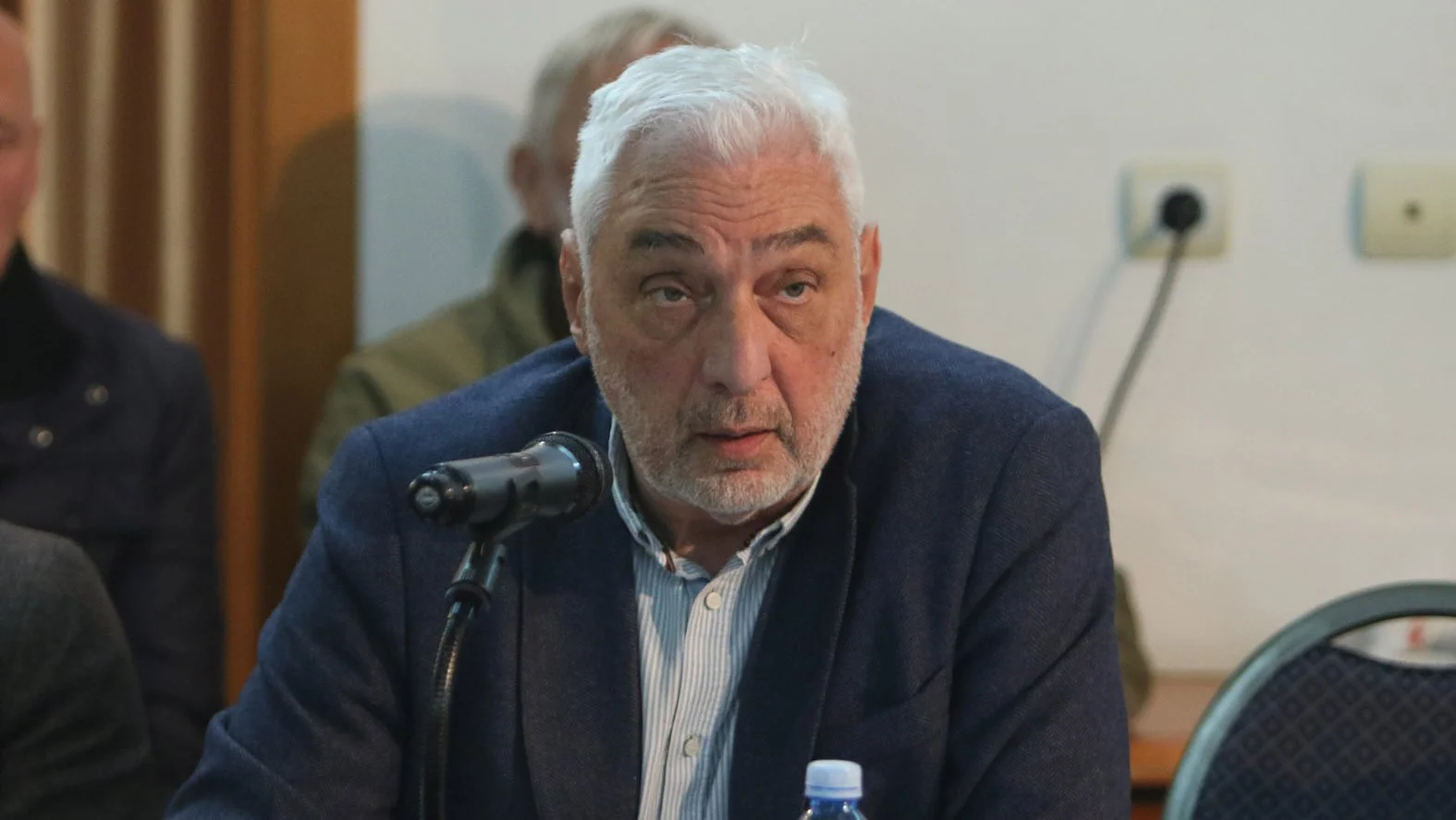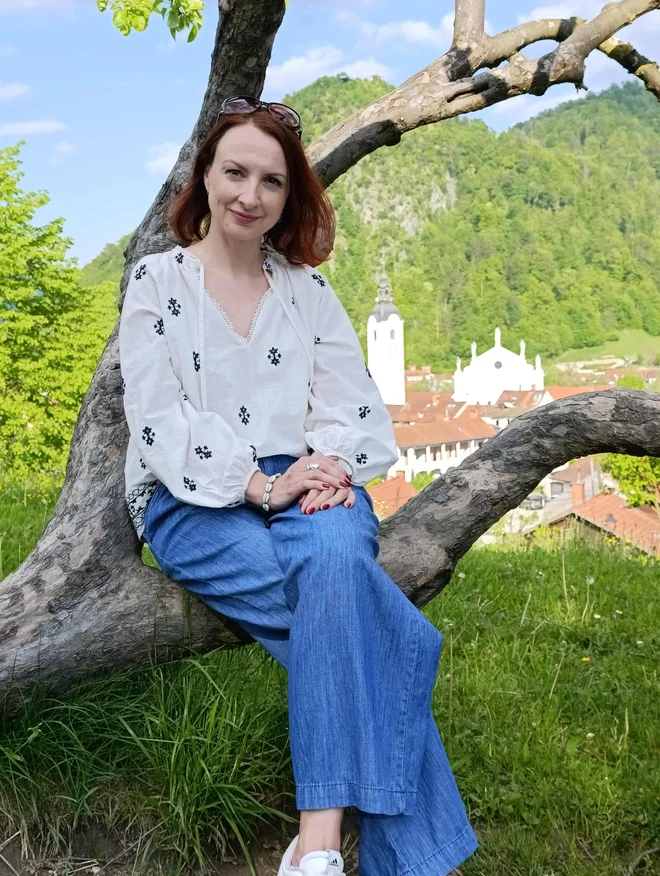Surinamese voters seem to force opposites in politics to cooperate
:strip_icc()/s3/static.nrc.nl/bvhw/files/2025/05/suriname-election-vote68106879.jpg|//images.nrc.nl/StcJCjCMcimMixJINf93-nXjvjQ=/1920x/smart/filters:no_upscale():strip_icc()/s3/static.nrc.nl/bvhw/files/2025/05/suriname-election-vote68106879.jpg|//images.nrc.nl/gAdMAAdf7FuZJrEJeB07nstgEhM=/5760x/smart/filters:no_upscale():strip_icc()/s3/static.nrc.nl/bvhw/files/2025/05/suriname-election-vote68106879.jpg)
Will two opposites in Surinamese politics collaborate? That is the big question that the preliminary result of Sunday’s Surinamese elections raises. According to a first seat forecast based on the Monday night (local time) counted voices, there is no clear winner. In what seems to have become a neck-and-neck race, the National Democratic Party (NDP) led by Jenny Simons won 18 seats; and the progressive reform party (VHP) of the current President Chan Santokhi, 17 seats.
The two major rivals leave the other parties far behind. Both the National Party Suriname (NPS) and the ABOP of Ronnie Brunswijk, who was part of the Santokhi government for the past five years, will most likely be on six seats. Sunday’s elections were the first under a new electoral system that distributes the seats representatively.
The provisional result shows that in practice the Surinamese voters have opted for a collaboration between the two largest parties. To be able to choose a new Surinamese president in the National Assembly, a two -thirds majority of 34 (out of 52) seats are required. The VHP and the NDP would already arrive together. To be able to form a government and to be able to appoint the chairman and vice -chairman of parliament, 26 seats are needed. To achieve these majorities with other parties, VHP and NDP will be much more difficult. It seems that the two parties have been convicted.
Cooperation previously excluded
However, it will be exciting in the coming period whether Suriname manages to choose a president. And whether the South American country then gets a female president for the first time, in the person of former doctor and former parliament chairman Jenny Simons (NDP). Or that President Santokhi (VHP) manages to go for a second term. Both of them gained the most votes on behalf of their party as party leaders.
At first glance, cooperation between the VHP and the NDP seems difficult: the two parties are opposites and have made it clear during the campaign that they do not want to work together. President Chan Santokhi inherited a billion-dollar debt from the NDP in 2020, then led by former President Desi Bouterse, who died in December.
The NDP is also extremely sensitive with the VHP, especially among the so -called ’boutists’. As a former Minister of Justice (2005-2010) and for this, Santokhi was an important driver of the December murder process in which Bouterse was ultimately sentenced to twenty years in prison. NDP leaders see the Santokhi government as responsible for the condemnation of Bouterse, its flight and his subsequent death at the end of December last year.
At the same time, the fact that Bouterse has disappeared from the political scene can mean that there is now room for cooperation between VHP and the NDP. The widow of Bouterse, Ingrid Bouterse who was number 51 of the NDP as a list pusher, did enter in parliament with preferential votes.
Not an informer
The formation will not only be difficult due to the mutual rivalry, but also because Suriname does not know the tradition of an informer. Normally parties do the negotiations with each other.
What can force cooperation is that Suriname is about to exploit large stocks of discovered oil. Those finds were made by the French TotenEnergies in 2020 and it is expected that in 2028, it will be started to pump this oil, but estimated 750 million barrels. Suriname can earn an estimated between 14 and 26 billion euros in this. Politicians have a lot to get to the power center, because the government that is currently driving will be responsible for the use of the oil dollars.
If it is not possible to choose the president in two voting rounds in parliament, it will be elected in the so -called United Volks meeting (VVV). This means that all assembly members, the district councils and the resort councils vote for one of two presidential candidates, where the most votes then apply. At the VVV, the risk of bribery lurks.
Santokhi not punished
Important themes in these elections were the increased poverty in the country, major problems in health care and education. Santokhi joined the International Monetary Fund (IMF) to get out of the enormous debts that Bouterse had stuck the country with. That meant that substantial cuts had to be made and subsidies on, among other things, electricity and fuel were partially withdrawn. The result also shows that despite the criticism of him, Santokhi has not been punished for this policy, and many voters give him a chance.

:format(webp)/s3/static.nrc.nl/wp-content/uploads/2025/05/28152030/web-2805BUI_Zelensky-1.jpg)
:format(webp)/s3/static.nrc.nl/images/gn4/stripped/data117919433-a8d64a.jpg)
/s3/static.nrc.nl/images/gn4/stripped/data133263782-60629b.jpg|https://images.nrc.nl/ObMGtxqYQVWbhiZzE5hgLR8QVFI=/1920x/filters:no_upscale()/s3/static.nrc.nl/images/gn4/stripped/data133263782-60629b.jpg|https://images.nrc.nl/kTnEqay5eOnpwdU_TsyAFJv6zVE=/5760x/filters:no_upscale()/s3/static.nrc.nl/images/gn4/stripped/data133263782-60629b.jpg)



